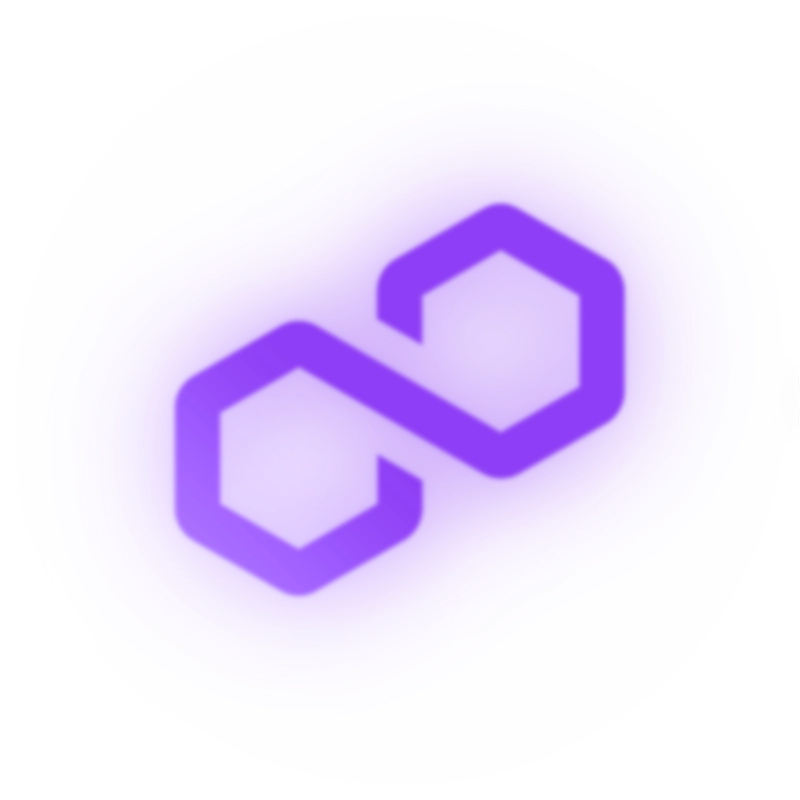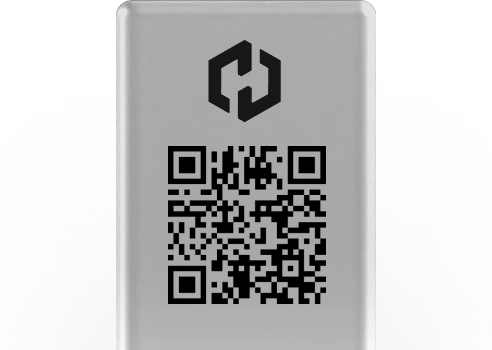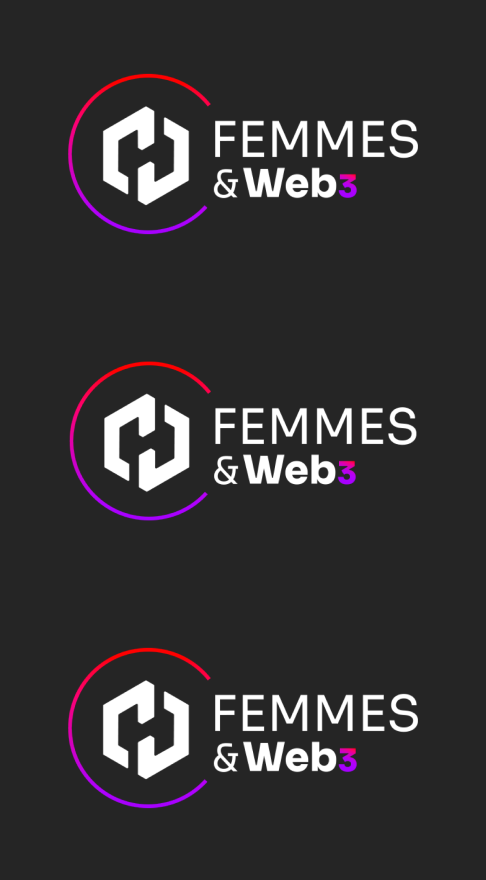Polygon (formerly Matic Network) is a scaling solution for Ethereum that aims to improve transaction speed and reduce costs, while maintaining security.
It uses a sidechain architecture, enabling developers to create efficient decentralized applications (dApps).
Polygon positions itself as an “Internet of Blockchains” for Ethereum, facilitating interoperability between existing blockchain networks.

Price Polygon (POL)
€ 0.19-7.8 %
Information on the price
Price variation (24h)
All-time high
€ 2.58
Trading volume (24h)
€ 27 528 353.35
Price variation (7d)
All-time low
€ 0.00
Diluted valuation
€ 1 911 442 162
Price variation (30d)
Circulating supply
1 478 258 212,96 POL
Total supply
10 000 000 000 POL
Price variation (200d)
Market capitalization
€ 282 560 508
Max supply
10000000000 POL
Trading opportunity

What is Polygon ?
Polygon
History
Polygon was launched in 2017 with the aim of improving the scalability and efficiency of transactions on Ethereum.
After a successful token sale in 2019 (ICO), Polygon rapidly expanded its infrastructure and developer tools.
In 2021, Matic Network was renamed Polygon, positioning itself as a multi-chain solution for Ethereum.
Polygon gained popularity thanks to its fast, low-cost transactions, attracting numerous DeFi, NFT and dApps projects.
With its growing adoption, Polygon formed strategic partnerships and continued to innovate, adding new features like Polygon SDK for creating compatible blockchains.
In 2021 and 2022, Polygon strengthened its presence in the blockchain ecosystem, becoming a key player in the DeFi and NFT space thanks to its versatile and efficient technology.
In 2023, the Swiss city of Lugano in Switzerland, chose the Polygon blockchain to develop its crypto-currency payment application.
This marks an important milestone in the adoption of blockchain technologies by public administrations.
As 2023 draws to a close, Polygon has also just launched “Polygon Portal”, an innovative platform that promises to boost the MATIC crypto-currency ecosystem.
With its native token, MATIC(a token offered for sale by Coinhouse), Polygon offers staking and governance services.
The platform has become a popular choice for developers wishing to build scalable and accessible solutions in the Ethereum ecosystem.
Who are the founders of Polygon
Polygon was founded by three Indian entrepreneurs: Jaynti Kanani, Sandeep Nailwal and Anurag Arjun.
Jaynti Kanani, a software engineer, has a background as a data science developer at Housing.com.
Sandeep Nailwal, also a software engineer, has a background in management and consulting.
Anurag Arjun is a product expert with corporate experience.
Who are the investors of Polygon
Polygon was founded by three Indian entrepreneurs: Jaynti Kanani, Sandeep Nailwal and Anurag Arjun.
Jaynti Kanani, a software engineer, has a background as a data science developer at Housing.com.
Sandeep Nailwal, also a software engineer, has a background in management and consulting.
Anurag Arjun is a product expert with corporate experience.
Why invest in Polygon
Polygon (MATIC) has attracted investment from several venture capital funds and influential players in the crypto-currency sector, including Binance and Coinbase.
In February 2022, Polygon successfully raised $450 million by selling Matic tokens to investors led by Sequoia Capital India.
€ 0.19
POL

What is Polygon (MATIC)?
Polygon is a scaling solution for Ethereum whose aim is to improve transaction speed and reduce costs, while maintaining security.
What are Polygon's main features?
Polygon uses a sidechain architecture to enable developers to create fast, efficient decentralized applications.
Who created Polygon and why?
Polygon was founded by Jaynti Kanani, Sandeep Nailwal and Anurag Arjun to improve the scalability and efficiency of Ethereum transactions.


































